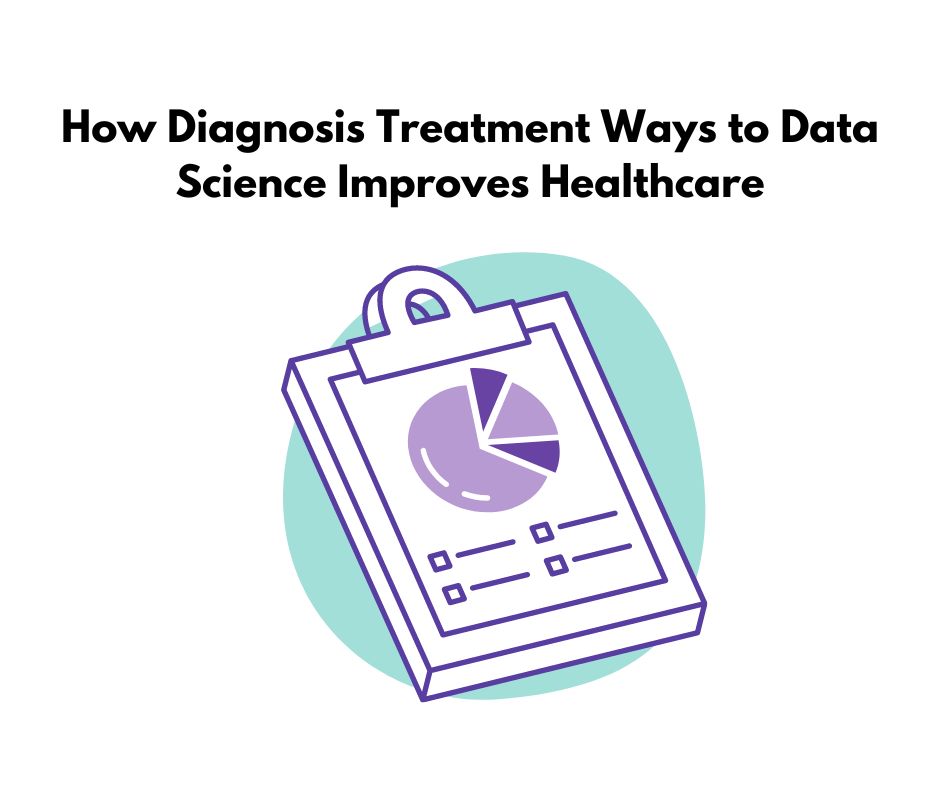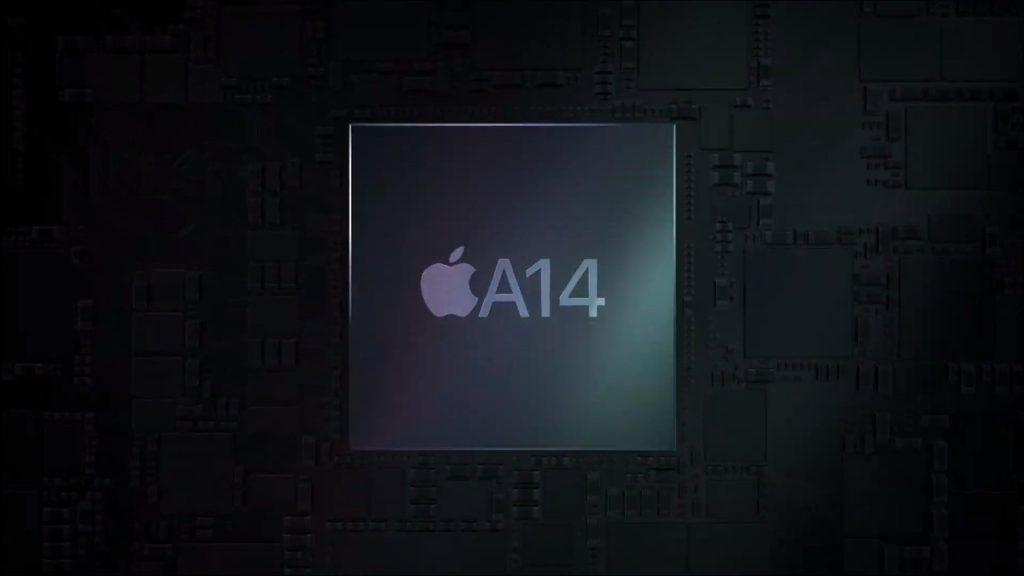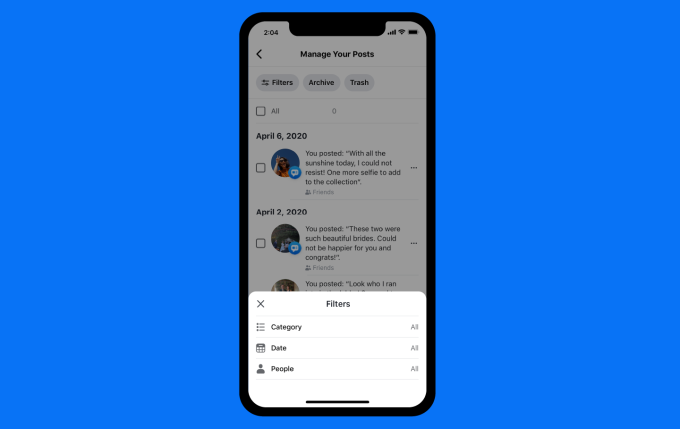Today, data science is playing an increasingly important role in improving healthcare. By using data to understand and predict the behavior of patients, doctors are able to make better decisions about treatment. In addition to identifying and treating diseases more effectively, data science is also helping physicians identify medical trends and forecasting future medical needs.
One of the most important uses for data science in healthcare is in diagnosing diseases. With access to large volumes of patient records, doctors are able to quickly identify which patients are most likely to develop a particular disease. This information can then be used to create targeted treatments or preventive measures for those patients.
The impact of AI on medical decision making is also significant. AI can help doctors make faster decisions by analyzing vast amounts of data more efficiently than ever before. In addition, AI can help physicians identify patterns in patient data that they may not have noticed before. This leads to better predictions about patient outcomes and makes it easier for doctors make informed treatment decisions.
Another key benefit of using data science in healthcare applications is cost savings. By using machine learning algorithms, hospitals are able to generate personalized care recommendations for their patients with much greater accuracy than ever before.. This means that fewer treatments or surgeries are required overall – a major cost saver for hospitals and their patients alike!
Big Data plays an important role in all aspects of modern medicine by helping physicians identify medical trends and forecast future medical needs.. By understanding how people interact with their environment (both physical and virtual), big data helps clinicians diagnose illnesses earlier on and prevent them from becoming serious or even life-threatening conditions.. Lastly, machine learning could one day provide enhanced personalization features for both individual patients as well as large populations within a healthcare setting such as hospitals or clinics.. All together, these advances represent a seismic shift in how we view healthcare – one that will continue to grow thanks to the power of data science!
Data Science For Education And Learning Platforms
Learning is an ongoing process, and every student has their own unique path to follow. This means that every learner’s experience is unique and cannot be generalized to a single approach. To ensure that each student has the best possible chance of success, it’s important to use data science techniques to track their progress and optimize the learning experience on learning platforms. Kelly Technologies Data Science Training in Hyderabad is the perfect place to start your career and gain a competitive edge with data science skills.
One such platform is Udemy, which offers courses on a wide range of subjects. Using data science techniques, Udemy was able to identify which courses were being used most frequently by students and then personalize the learning experience for them using machine learning algorithms. This involved understanding the users’ interests and preferences, as well as current trends in education. By doing this, Udemy was able to provide more tailored content that was better suited for each individual student’s needs.
Another way in which data science can be used in education is through natural language processing (NLP). By understanding what students are saying about the courses they are taking, NLP models can be used to better understand areas of focus for education today. This can help educators make better decisions about which topics should be covered in each course and what new approaches should be tried out.
Finally, when it comes to feedback – whether it’s from students or educators – it’s essential that feedback is analyzed properly so that insights can be gleaned that will help improve engagement on learning platforms overall. Advanced analytics can identify patterns in how users interact with the platform and then use these insights to make changes or improvements to the user interface or curriculum design as required. In this way, everyone who uses a learning platform – from students themselves through educators – can benefit from data science techniques!
How Data Science Can Improve The Learning Experience
The learning experience is important, and it can be improved by harnessing the power of AI and machine learning algorithms. Data science can help to identify patterns in data, which can then be used to improve the accuracy and precision of data analysis. This allows for more personalized learning programs that are tailored to the individual needs of students. In addition, predictive analytics can be used to predict how a student will perform on a given task or quiz. This information can then be incorporated into the learning program accordingly.
Other techniques that may be employed include sentiment analysis, computer vision, and natural language processing (NLP). By understanding how students feel about a subject or course material, it is possible to create programs that are more engaging and less overwhelming for students. Additionally, virtual reality technology can be used to provide an immersive experience that helps students learn in a new way. Finally, adaptive learning systems are designed to adjust the difficulty of a lesson or program based on how well a student is doing. This allows them to progress at their own pace while still achieving the goals set out for them by the teacher or educational institution.
Data Science Application In Automated Processes
Data science is a rapidly growing field that is used to understand and analyze data. Data science applications are used in many different business critical areas, from marketing to finance. In this section, we will be discussing the use of data science applications in automated processes.
First, let’s take a look at what data science is and its core principles. Data science is the application of mathematics, statistics, and other scientific methods to data analysis. It involves using computer algorithms to understand and extract insights from large datasets. This understanding can then be used to make decisions that impact business operations.
One of the most effective ways to use data science applications is through predictive analytics. Predictive analytics uses artificial intelligence (AI) algorithms to identify patterns in historical data so that future events can be predicted with greater accuracy. This allows businesses to make better decisions by anticipating future trends before they happen.
Another key area of data science application is machine learning. Machine learning involves training a computer system to recognize patterns in large datasets without being explicitly told how the patterns should look like. This allows for systems that are capable of learning on their own, which makes them extremely powerful for classification problems such as recognizing objects or faces in photos or videos.
Integrating large amounts of raw data into your analysis can be a challenge, but it’s important not to give up on it! Deep learning is a type of machine learning algorithm that uses deep neural networks (DNNs), which are complex mathematical structures designed specifically for handling large amounts of unlabeled data. DNNs have been shown to be more accurate than other machine learning algorithms when it comes to handling high volumes of data.
Finally, natural language processing (NLP) plays an important role in many aspects of our lives, including business analysis. NLP technologies allow computers to understand human language and express themselves unambiguously, allowing them to interact with humans more effectively. By understanding human communication patterns, we can automate tasks such as document analysis and customer service interactions far more effectively than traditional manual methods could ever do alone.
Benefits Of Automation For Big Data Processing
Data is the lifeblood of any business, and big data processing is critical for the success of any organization. By automating the tasks that are involved in data processing, you can free up your employees to do more important work. Automation can reduce tasks spent on mundane data collection, preparing data sets for analysis, and eliminating human error. This makes it easier for you to get accurate results quickly, which means that you can make better decisions based on real-time data analytics.
In addition to increasing accuracy and efficiency, automation also enables scalability – meaning that your big data processing platform can handle more data without becoming overloaded. And last but not least, automation eliminates the need for manual coding and reduces programming time – two factors that are often time-consuming and difficult to manage.
Conclusion
The article thetechmedia must have given you a clear idea of this concept. Data science is a powerful tool that can be used in many different industries to solve complex problems and make better decisions. From business contexts to healthcare, data science has the potential to revolutionize how we think about and interact with data. With the help of effective data strategies, businesses can take advantage of predictive analytics, machine learning, and other technologies to gain valuable insights. By understanding the role of data science in each industry, we can create new opportunities for innovation and progress.
Tags: Data Science Training in Hyderabad






